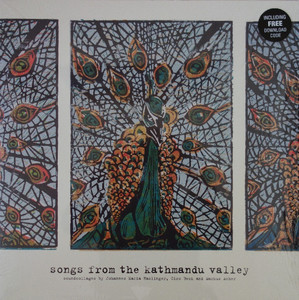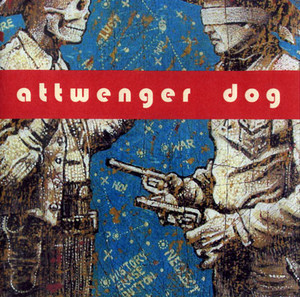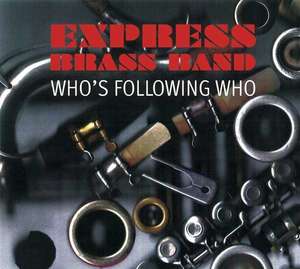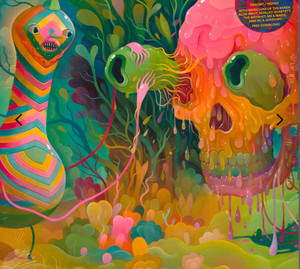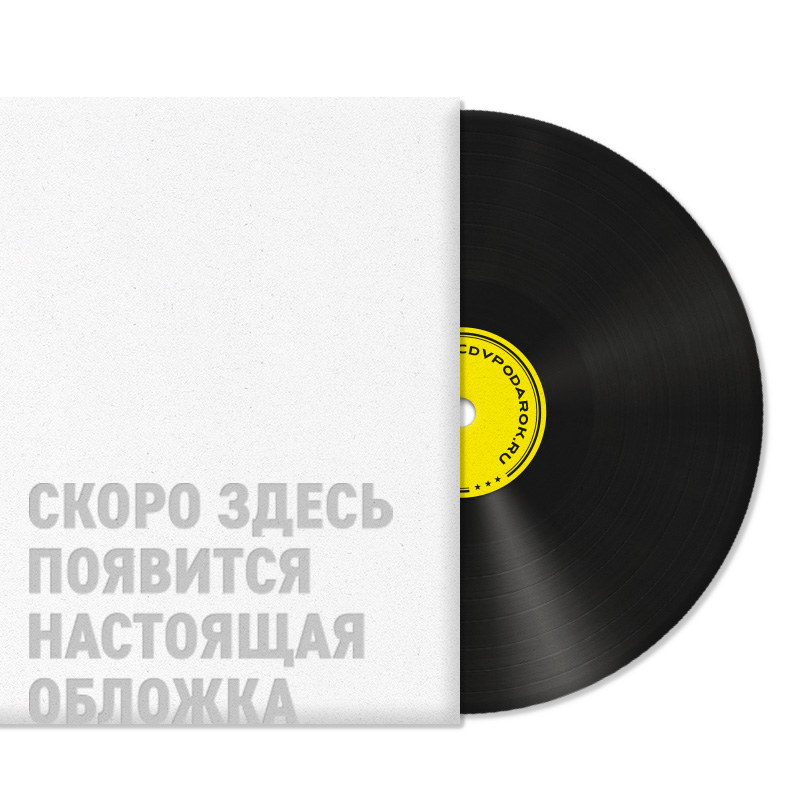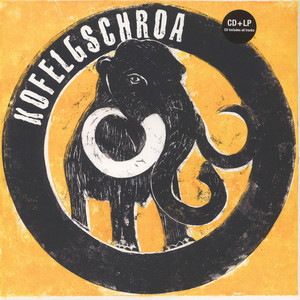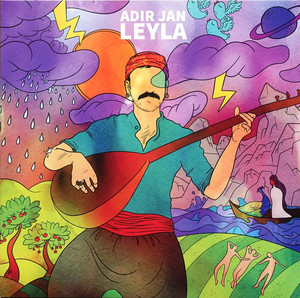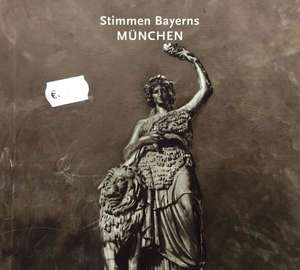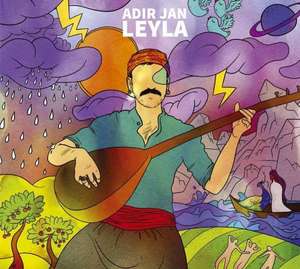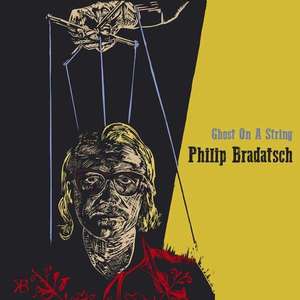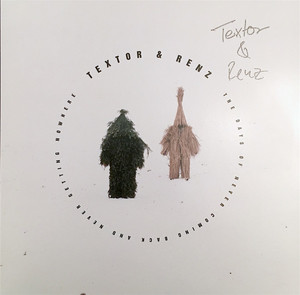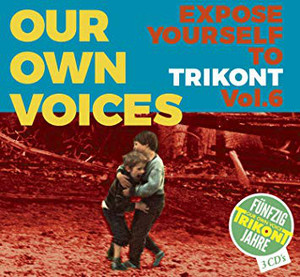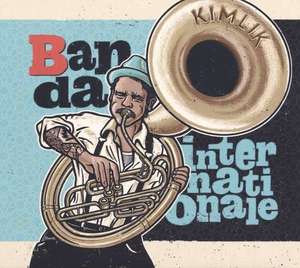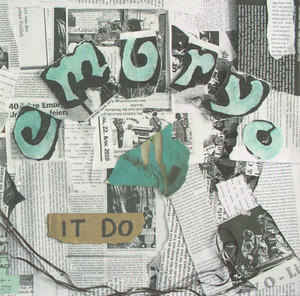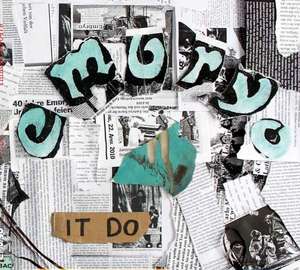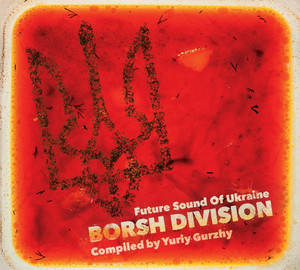Фирма Trikont
Артикул: CDVP 3724402
EAN: 4015698420685
Состав: 1 LP
Состояние: Новое. Заводская упаковка.
Дата релиза: 13-09-2019
Лейбл: Trikont
Исполнители: HASLINGER/, BECK / HASLINGER/, BECK
Жанры: Electronic Sound Collage World music
Артикул: CDVP 3610340
EAN: 00000980340-1
Состав: 1 LP
Состояние: Новое. Заводская упаковка.
Лейбл: Trikont
Исполнители: Attwenger / Attwenger
Жанры: Experimental
Артикул: CDVP 3593865
EAN: 4015698284782
Состав: 2 LP
Состояние: Новое. Заводская упаковка.
Лейбл: Trikont
Жанры: Electro/Ambient
Артикул: CDVP 3588208
EAN: 4015698001082
Состав: 1 LP
Состояние: Новое. Заводская упаковка.
Дата релиза: 01-01-2019
Лейбл: Trikont
Жанры: Pop International
Артикул: CDVP 3588071
EAN: 4015698023954
Состав: 2 LP
Состояние: Новое. Заводская упаковка.
Дата релиза: 01-01-2019
Лейбл: Trikont
Жанры: Electro/Ambient
Артикул: CDVP 3588048
EAN: 4015698026337
Состав: 1 CD, 1 LP
Состояние: Новое. Заводская упаковка.
Дата релиза: 01-01-2019
Лейбл: Trikont
Жанры: Electro Electronic Indie Pop Pop
Артикул: CDVP 3588027
EAN: 4015698007213
Состав: 1 LP
Состояние: Новое. Заводская упаковка.
Дата релиза: 01-01-2019
Лейбл: Trikont
Артикул: CDVP 3587917
EAN: 4015698000870
Состав: 1 CD
Состояние: Новое. Заводская упаковка.
Дата релиза: 01-01-2019
Лейбл: Trikont
Жанры: Pop International
Артикул: CDVP 3586410
EAN: 4015698023930
Состав: 1 CD
Состояние: Новое. Заводская упаковка.
Лейбл: Trikont
Жанры: Electro/Ambient
Артикул: CDVP 3482549
EAN: 4015698015867
Состав: LP/CD
Состояние: Новое. Заводская упаковка.
Дата релиза: 01-01-2018
Лейбл: Trikont
Жанры: Singer / Songwriter
Артикул: CDVP 3375014
EAN: 4015698013016
Состав: LP/CD
Состояние: Новое. Заводская упаковка.
Дата релиза: 01-01-2017
Лейбл: Trikont
Жанры: Pop International
Артикул: CDVP 3373729
EAN: 4015698012996
Состав: 3 CD
Состояние: Новое. Заводская упаковка.
Дата релиза: 19-01-2018
Лейбл: Trikont
Жанры: Pop International
Артикул: CDVP 3244759
EAN: 4015698007138
Состав: 1 CD
Состояние: Новое. Заводская упаковка.
Дата релиза: 31-05-1991
Лейбл: Trikont
Исполнители: Embryo / Embryo
Жанры: Electro/Ambient Electronic Fusion Rock

